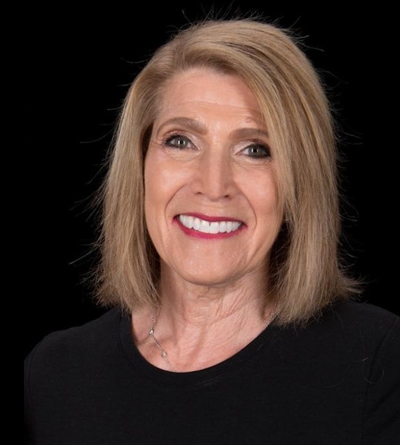November 2022
A Filmmaker’s Fight: Civia Tamarkin Documents the War Against Abortion
Journalist and filmmaker Civia Tamarkin released her feature-length documentary, Birthright: A War Story, in 2017. A prescient account of the war on women’s health, the film lays out the decades-long campaign to criminalize abortion.
I spoke with Tamarkin by phone after the U.S. Supreme Court overturned rights to abortion guaranteed in the 1973 ruling in Roe v. Wade. Tamarkin, 75, has long been an activist in the area of women’s rights. She shared insights and strategies she believes essential in the fight to legalize abortion.
* * *

Civia Tamarkin knew what was coming this past summer when conservative members of the U.S. Supreme Court overturned precedents guaranteed in the court’s ruling in Roe v. Wade. She had been interviewing U.S. women who had been brutalized during the 1990s and first decades after 2000 as they sought to obtain abortions. Her work on her documentary, Birthright: A War Story, as well as her decades of political activism, informed her conclusion that right-wing Christian nationalists had hijacked the Republican party and were waging a war on women. Though she had gathered these stories, Tamarkin nonetheless felt the blow the U.S. Supreme Court dealt this summer. Like a prize-fighter, she dusted herself off, determined to get back in the ring.
Tamarkin wants women – especially Jewish women – to join her in adopting what she sees as effective strategies to shift the conversation around abortion. She has a message for Jewish women in states such as Massachusetts, where access to abortion is legally guaranteed. Stop using the language of “choice.” Focus on issues and rights.
“It’s too late,” she says. “These are different times, and we need to take activism in different directions.”
After the insurrection of Jan. 6, Tamarkin says, she “began to firm up the link between the attendant Jewish community and Christian white nationalism.” Some Jews may have been shocked to learn that members of white Christian militia and proponents of white nationalism and white supremacy took over the U.S. capitol. Tamarkin was not. “There’s a larger agenda, here,” she argues. “And it should be terrifying to every Jew.”
Jews who believe right-wing Christians are allies, she says, “are fooling themselves.” They need to “rise up” against Christian nationalists and members of the evangelical right who believe “that the Jews are caretakers of Israel.”
“It’s not just because you see swastikas painted by adolescents in a school or a cemetery. There is a dangerous, insidious movement. At its core, it wants us to abide by their theology and their beliefs. And if that doesn’t send every suburban Jewish woman to the polls, I don’t know what would,” she says.
Though non-profits such as NCJW, classified as 501C3s, cannot endorse political candidates, Tamarkin says, they can promote issues other than so-called “choice.” She argues that “choice” invokes legal concepts, which have been demonstrated to be ineffective.
Lack of access to abortion is about the economy, not “choice,” Tamarkin says. Pregnant employees forced to bear unwanted pregnancies experience disparately negative earning abilities. They need to take time off from work and have increased child care costs. Abortion’s illegality also burdens corporations. If they want to support employees who don’t wish to be pregnant, corporations must pay for more expensive health insurance policies, as well as employees’ travel, housing, and medical care where abortions are legally available. Each of these negative consequences diminishes profits and drives up pricing.
“We need to start pressuring the FTC […] to make telemedicine and interstate prescriptions available,” Tamarkin says. Additionally, there need to be laws to regulate interstate commerce so that travel to procure abortions cannot be deemed illegal.
Of course, Tamarkin says, getting out the vote is essential to make sure we support strategies to ensure such rights. We can phone bank, send postcards supporting voting, and provide rides to polling places.
Jewish men, not just Jewish women, should be especially committed to doing such work. Were genetic tests for Tay-Sachs Disease illegal, for example, the results would be devastating. Ashkenazi Jews can carry the genetic mutation that causes the disease and therefore would be disproportionately impacted. Late-term pre-eclampsia is another potentially devastating risk to pregnant persons. Should they be unable to access effective medical interventions for themselves, rather than the fetuses they carry, they would be at risk of death. Such a change in standard medical practice could leave children without a parent. Tamarkin suggests yet another potential impact to both partners. Teenagers impregnating other teenagers unable to access abortion could impel families to pay child support until the teenagers come of age.
Tamarkin says that from the time she was in Hebrew school, she learned that Jewish law deems abortion permissible. Such teaching motivated her to get involved in ensuring access to abortion, and it should convince others to work to secure legal abortions for all. Get up off the couch, she says. And get involved.
To learn more about Tamarkin’s film Birthright, and to identify a streaming platform, take a look at the digital toolkit she and her team have prepared in advance of the recent mid-term elections.

